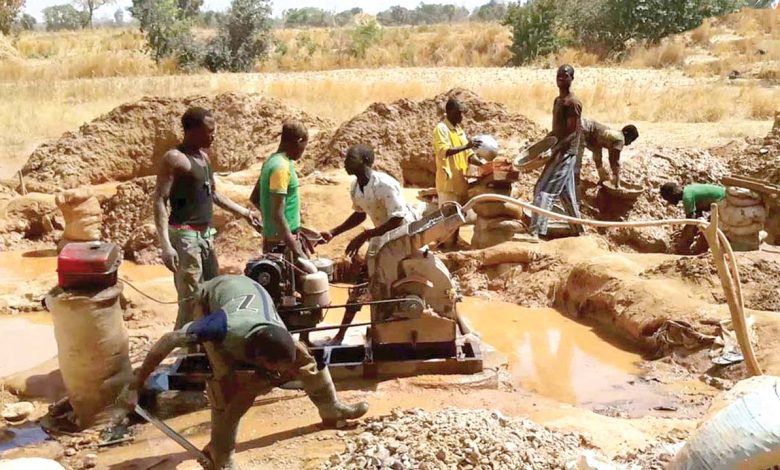Local communities are central to Nigeria’s mining industry but often face significant adverse effects due to illegal mining. While mining activities promise economic benefits, illegal mining exploits resources, harms the environment, and disrupts local livelihoods. These communities, particularly those in mining regions, suffer from the environmental degradation caused by unregulated mining, including deforestation, water pollution, and soil erosion. In addition, illegal mining contributes to social unrest and conflicts as various groups fight for control of mining areas.
The Renevlyn Development Initiative (RDI) has called for a national convention to address the issues surrounding illegal mining, emphasising the importance of community involvement in tackling these problems. Local communities must be given a more substantial role in managing and benefiting from mining activities within their regions. This could be achieved through granting communities control over resource extraction processes and allowing them to participate in decision-making related to mining operations.
International examples show the success of such initiatives. In Ghana and Peru, community-led mining governance has proven effective in curbing illegal activities and improving resource management. By integrating local stakeholders into monitoring systems and ensuring they benefit through revenue-sharing mechanisms, these countries have made mining a more sustainable and equitable industry. Nigeria can adopt similar models, adapting them to local needs and circumstances.

Furthermore, collaboration between local communities, government agencies, and enforcement bodies like the Nigeria Security and Civil Defence Corps (NSCDC) is essential for tackling illegal mining. Strengthening these partnerships can bridge gaps in monitoring and enforcement, making it harder for illegal miners to operate unchecked. Through such collaboration, mining sites can be better secured, and local communities can be empowered to protect their environment and resources.
Ultimately, by empowering communities and fostering collaboration, Nigeria can mitigate the negative impacts of illegal mining and transform the sector into a sustainable source of economic growth.

